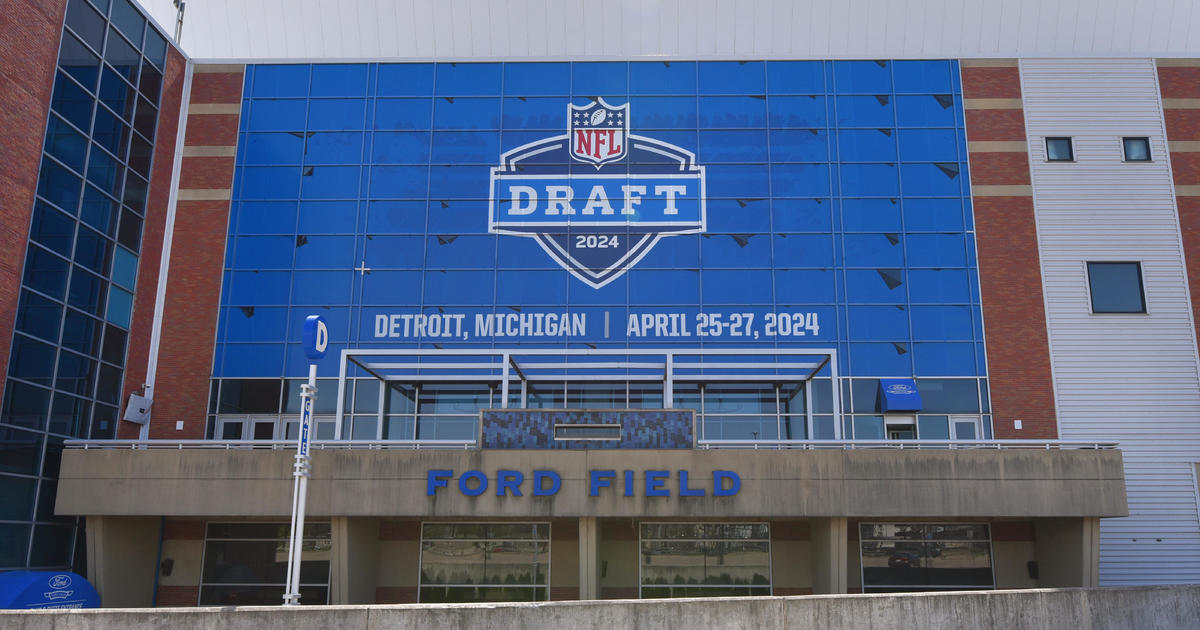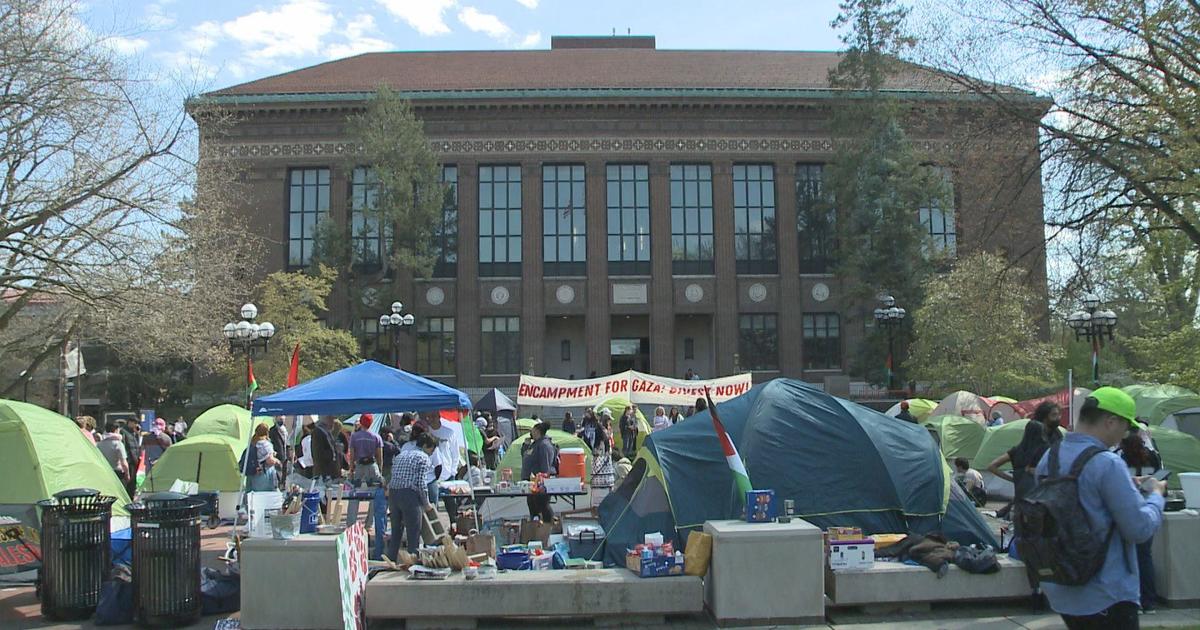Controversial 'Knockout' Game Sounds Like An Urban Myth [BLOG]
By Eric Thomas
Moving across the Internet, on Facebook and Twitter and other social media, is a sinister-sounding game called "Knockout" or "Knockout King" or something like that. It's described as "youths" preying on innocent bystanders. The "game" is played like this: the youth in question punches a random person in the head, attempting to render them unconscious. Knock them out and you win, though the stories never mention what they win. Coverage has been spreading around the country, local news anchors speak in hushed tones over shocking surveillance footage about a deadly game played by evil, awful children who don't have supportive and loving parents. If only they'd been raised by you.
Washington, DC seems the latest in these random attacks on passers by. A woman in an area called Columbia Heights was knocked unconscious by some idiot wearing a hoodie. There's also recent mention of Eric Ralph Santiago, a homeless man in New Jersey who was attacked and killed by a group of African American kids. It's chilling, callous, and makes everyone sit up and take notice—because random attacks are, by nature, random. They can happen to anyone, at any time!
The truth is, random attacks are rare. Living in the United States has never been safer than it is today. Violent crime went up slightly in 2012, but it's still nearly HALF of what was reported in 1992. Detroit led the nation in murders last year with 411 homicides, but compare that to 1974 when the number was 714 or the 636 murders in the Motor City in 1985. It's okay to laugh when someone tells you about "declining values." Maybe they mean numerically.
Mr Santiago's story, the homeless man from Hoboken, has been especially interesting. Articles written wondered if the race of the people involved was part of the motivation, comment sections beneath were especially interested in that. Most questioned what could be done about this awful, violent "game" that is invading our metropolitan areas. Every story in the heated coverage since the September 11th incident mentioned "Knockout" but none referenced the high rates of violence against the homeless. No stories cited the rates of homelessness in the U.S. No commenters wondered what could be done about the estimated 633,000 people living on the streets of one of the worlds' wealthiest nations. Righteous indignation flowed over the brim, but Mr Santiago's homelessness was brushed over. Empathy was scarce.
The "Knockout" game has all the hallmarks of a classic urban myth, random violence, several involved states, innocent victims, and those darn kids. Mix in the fact that you've got video available and it turns into the classic local news story where hysteria reigns and qualifying words like possible, rumored, speculation and one theory pockmark the copy before the video package begins.
"Knockout" even has its own Wikipedia page that reads like a list of random acts of violence where people punch other people at random. There are five* incidents of the "Knockout" game leading to death, the first listed death in 1992. Five. Since 1992. Let's have some perspective:
People who died in 2011 from "distracted driving accidents" (such as texting):
Total deaths due to firearms in the US in 2011: 32,163
Total annual deaths in the US due to medical mistakes: (estimate) 98,000**
Total number of suicides in the US in 2010: 38,364
Again: Five. Total. Even if that number EXPLODES, it won't hold a candle to other more prevalent societal woes. But those human tragedies don't catch the distracted attention of people unless they're already on your doorstep. The stories of car crashes and suicides are likely already in your family—they're the threats you know. File "Knockout" in whatever receptacle you toss created controversy; it's the latest perfectly tuned string on the overused fiddle of American Pavlovian hysteria.
* At the time of this writing.
** This number is a little tricky because it's obviously disputed. There are malpractice cases, insurance imbroglios and a lot of opinion involved. This number is courtesy of the American Association of Justice.



